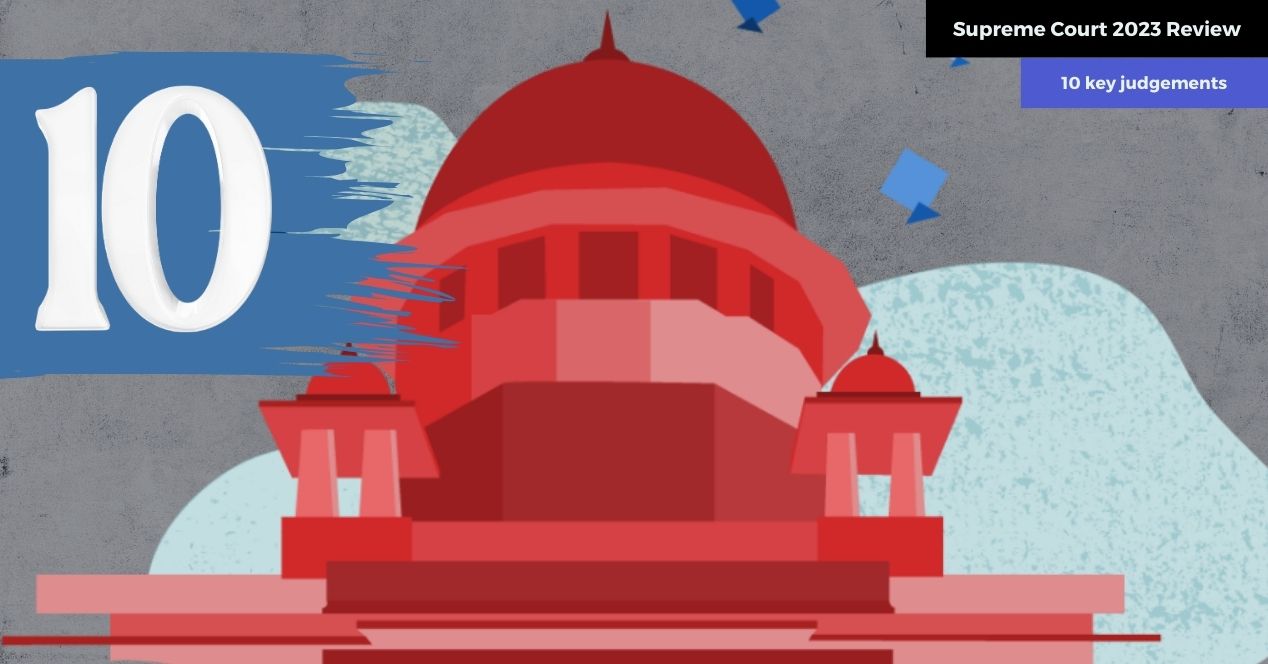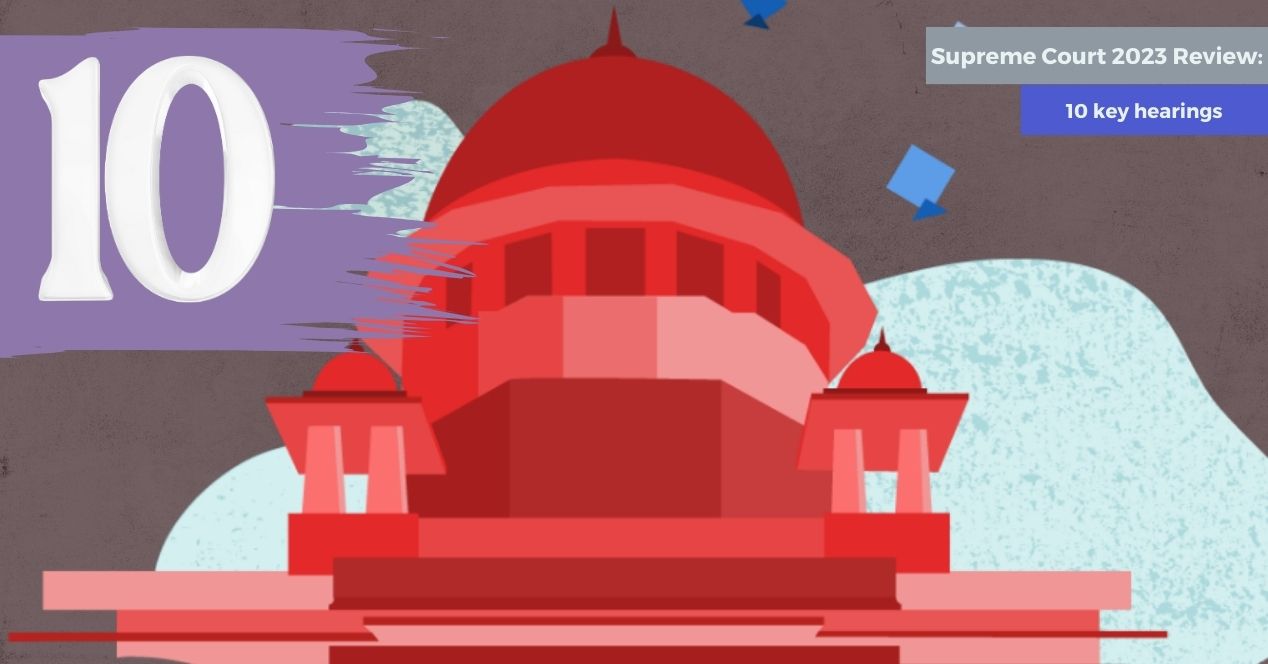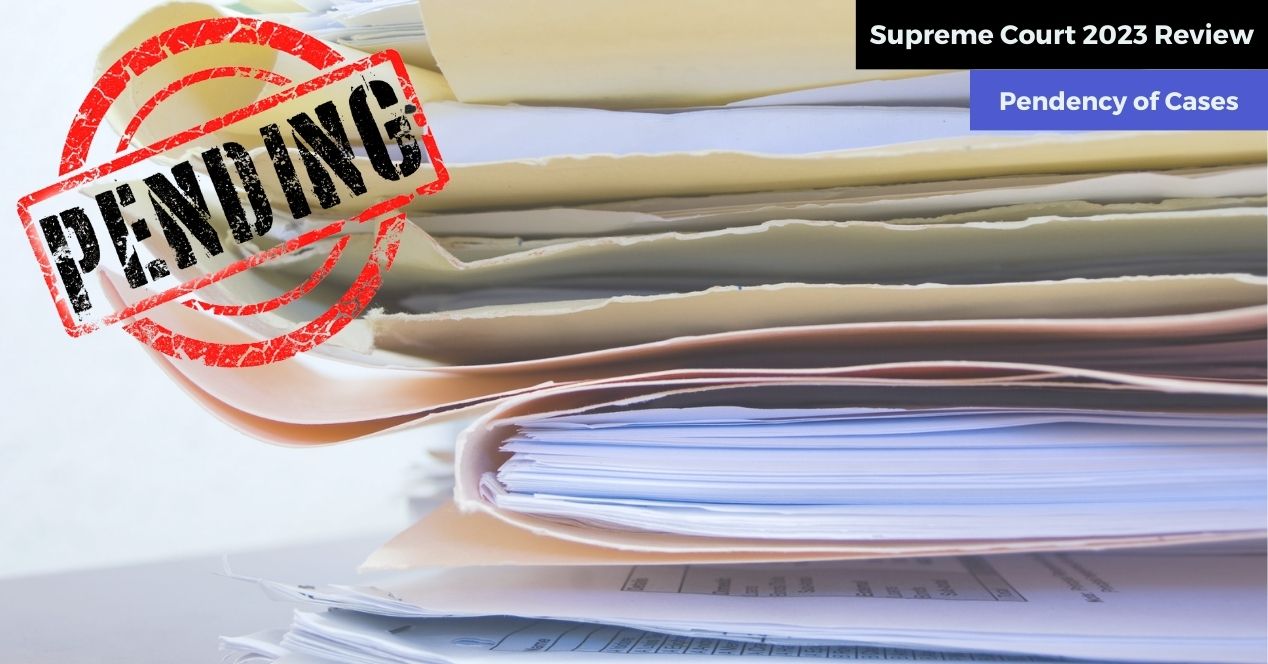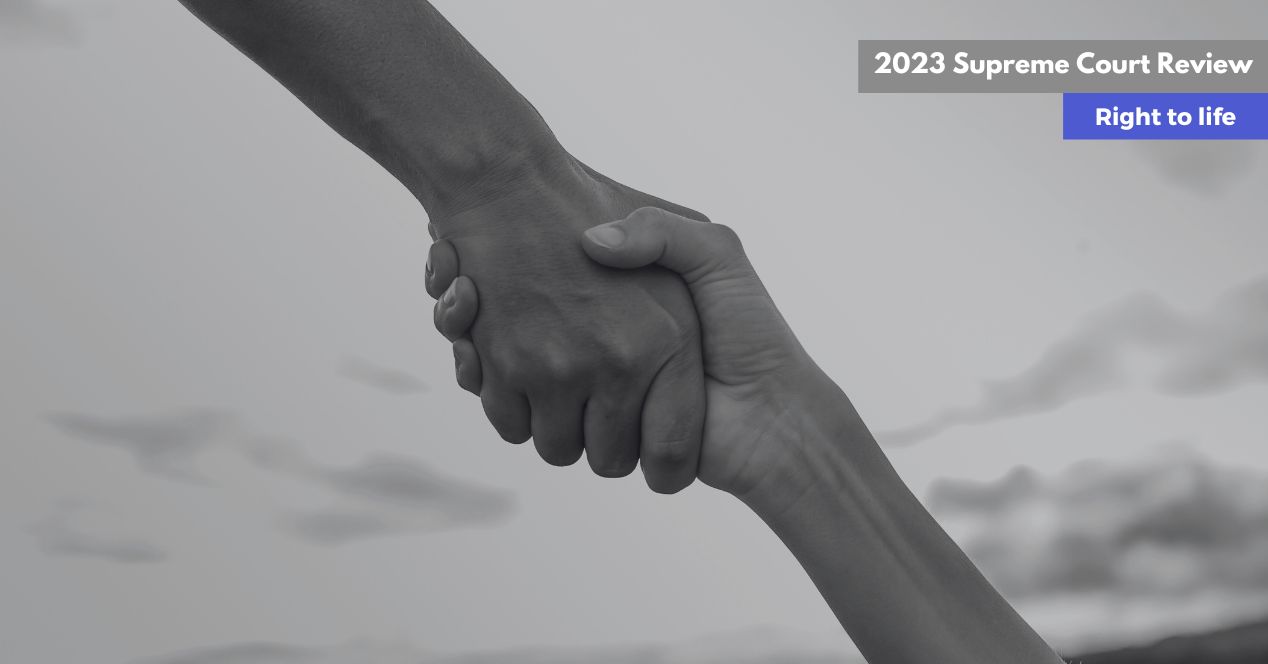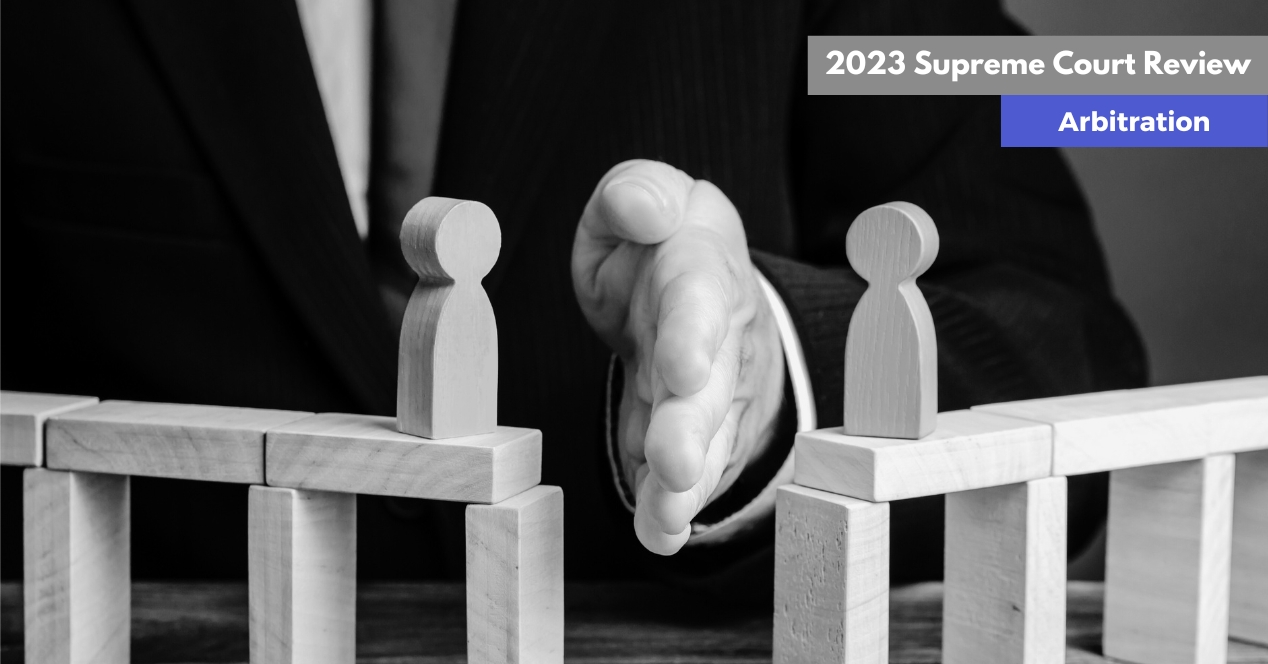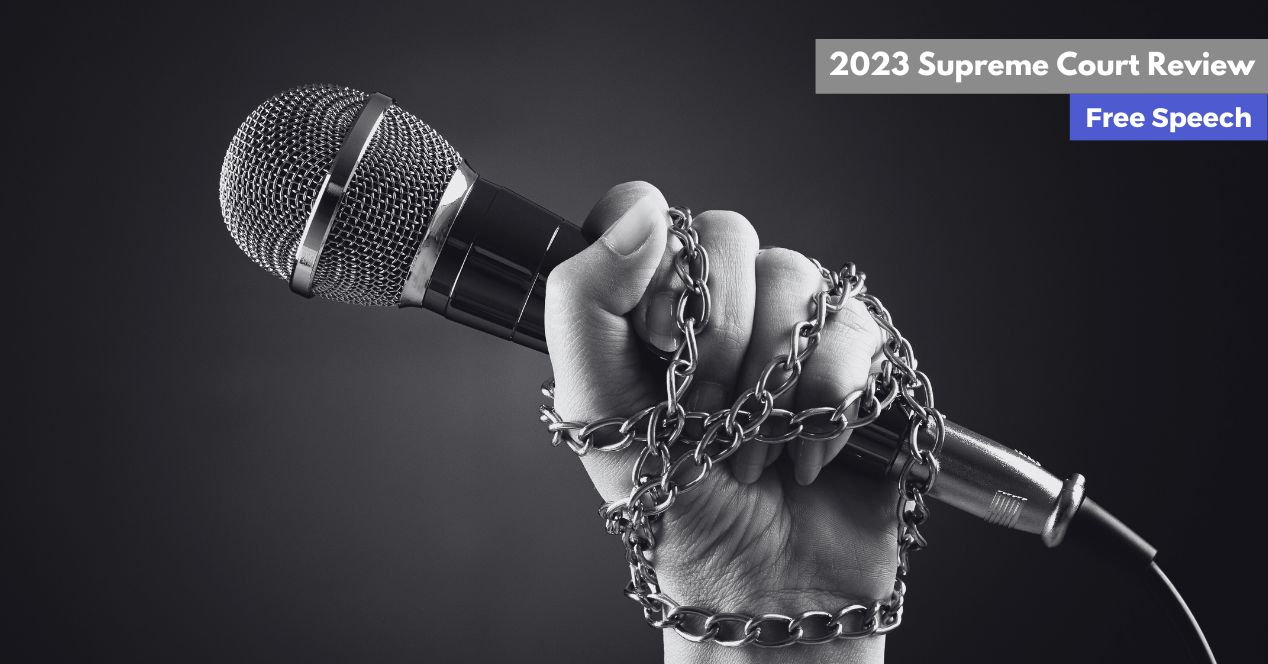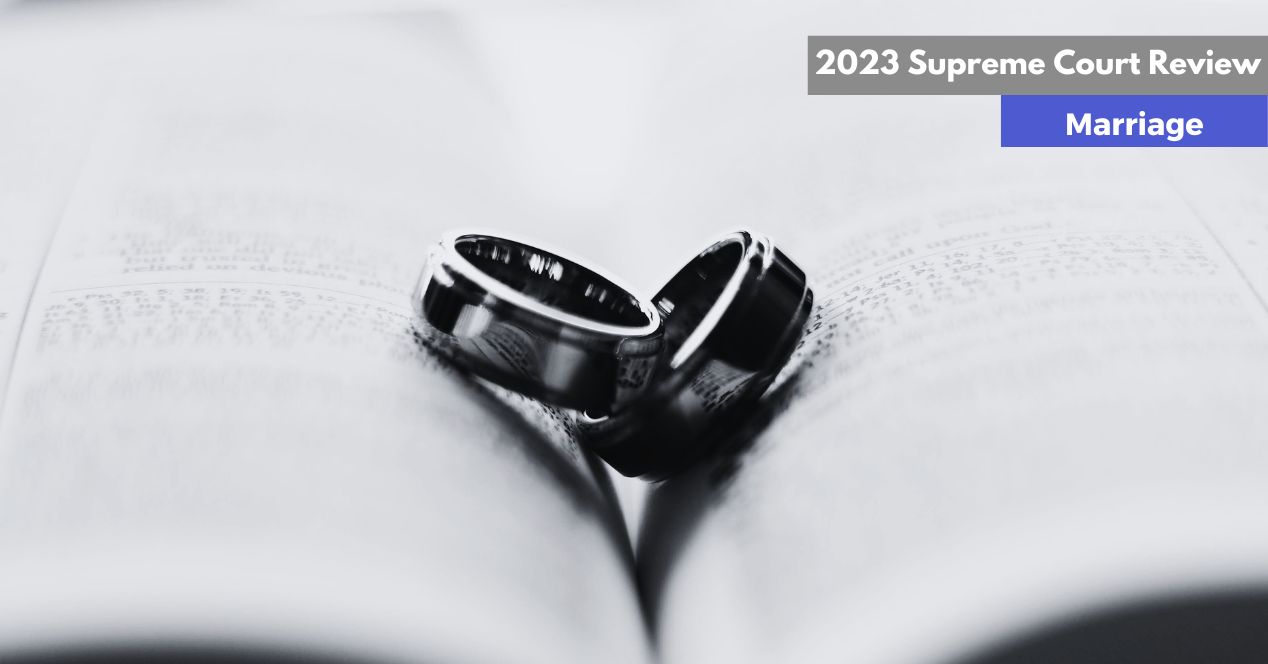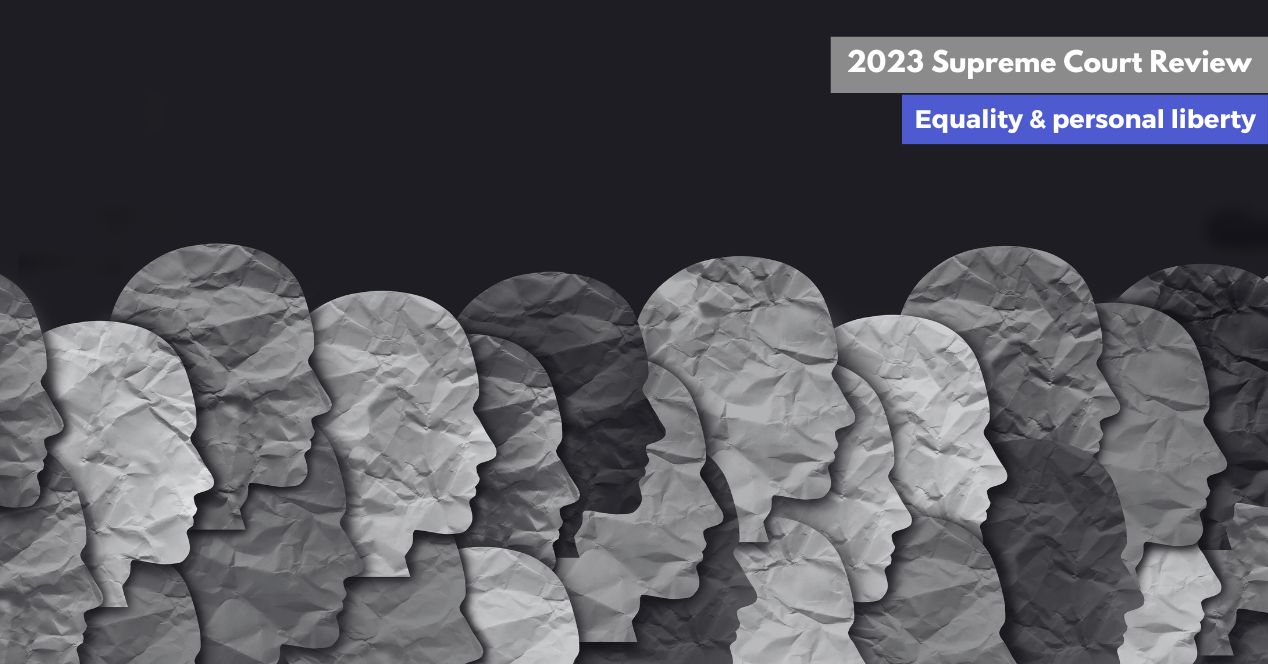Analysis
2023 Supreme Court Review: Democracy and Governance
Barring the matters on Governor’s powers, the Court landed on the side of the ruling party in key cases including defection & demonetisation
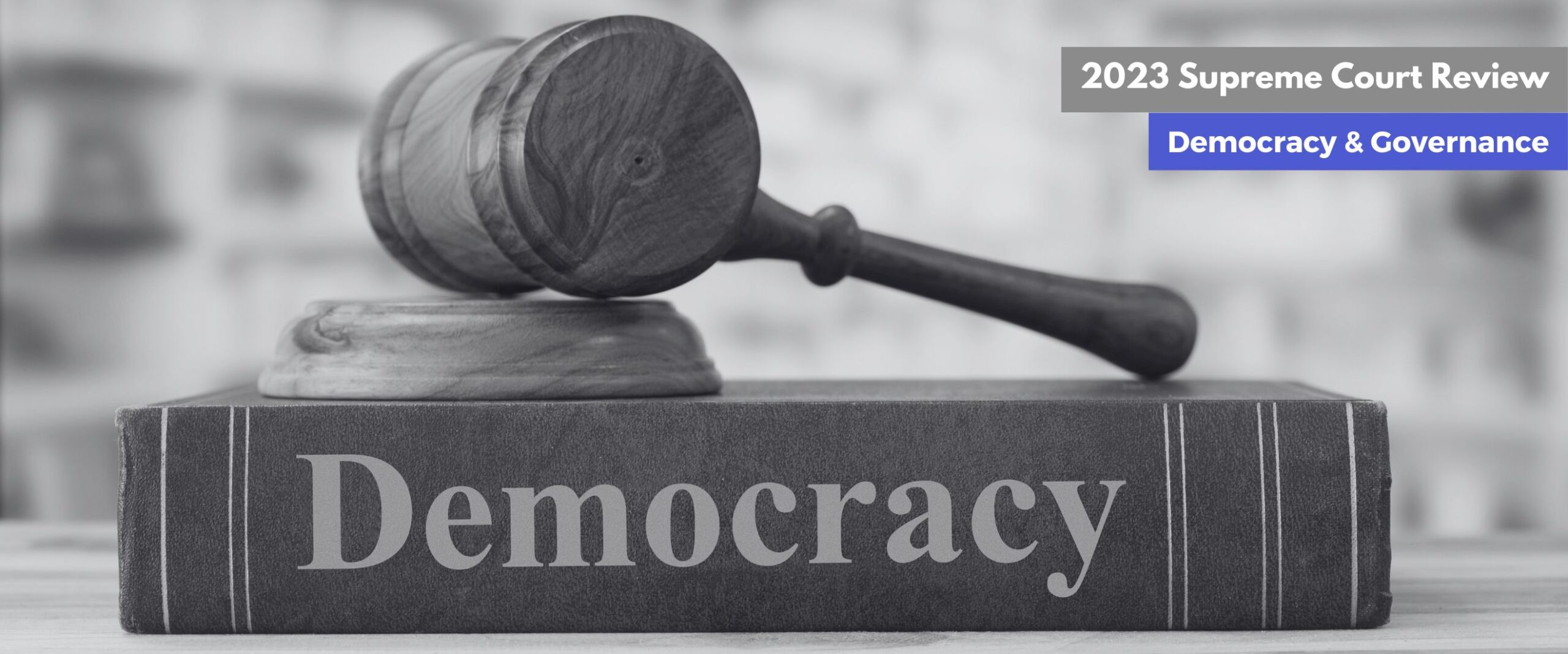
Last year, the decisions in key cases involving matters of democracy and governance had the effect of the ruling party coming out as the satisfied party. But in a case brought by the Punjab government, it held that the Governor cannot sit indefinitely on bills passed by the state legislature. This decision was significant because a similar circumstance has arisen in two other non-BJP ruled states—Kerala and Tamil Nadu.
In Maharashtra, the Bharatiya Janata Party got a chance to enter the government by enticing dissatisfied MLAs from the Shiv Sena to rebel. The move led to Eknath Shinde replacing Uddhav Thackeray as the chief minister, with the BJP’s Devendra Fadnavis coming as deputy chief minister. The Supreme Court pronounced the Governor’s call for a floor test illegal but allowed Shinde to continue as chief minister.
The Court also upheld the 2016 Demonetisation Scheme, while accepting the Central Government’s contention that it had the final call over the decision, over the Reserve Bank of India.
Additionally, in March, the Court upheld the open ballot system for voting in the Rajya Sabha.
Eknath Shinde’s leadership was illegal but maintain status-quo
On 11 May 2023, the Supreme Court declared that there was no “objective material” to show that the Uddhav Thackeray-led Maha Vikas Aghadi government had lost the support of the Assembly. In July 2022, Governor Bhagat Singh Koshyari had arrived at this decision which had then led to Eknath Shinde being recognised as the “Leader of the Shiv Sena Legislature Party” and consequently being sworn in as the chief minister.
The five-judge Constitution Bench was hearing a petition by Thackeray, who had urged the Deputy Speaker of Maharashtra to initiate disqualification proceedings against the rebel members following their claim to government. Two members of the Assembly then initiated a motion of no-confidence against the Deputy Speaker to thwart Thackeray’s efforts.
In Nabam Rebia v Deputy Speaker (2016), the Supreme Court had held that a Speaker cannot initiate disqualification proceedings if they face a no-confidence motion.
The Supreme Court, in an unusual order, granted a “breathing period” to the Shinde faction to respond to the disqualification motion. The Shinde faction then urged the Governor to direct a floor test. Thackeray’s attempt to stay the floor test was shot down by the Supreme Court, leading him to resign and Shinde taking charge. The Thackeray faction argued that the events leading to Shinde’s control were illegal and acts of defection.
In the May judgement, the Court held that Koshyari could not call for a floor test amidst an intra-party dispute. However, the Court was unable to restore Thackeray’s chief ministership since voluntarily tendered his resignation before the floor test took place. Critics pointed out that the judgement was toothless as it recognised the illegality but could not reinstate Thackeray.
The Supreme Court did not consider the disqualification of the rebel members and directed the Speaker to decide. Currently, the Supreme Court is hearing a plea from the Thackeray faction due to delays in the Speaker conducting the disqualification investigation. The top court has directed the Speaker to conclude the process by 10 January 2024.
The Bench also referred Nabam Rebia to a seven-judge bench for reconsideration. The Court observed that the decision is prone to misuse as members facing disqualification proceedings can initiate a no-confidence motion against the Speaker to defer it.
Supreme Court upholds the 2016 Demonetisation
On 2 January 2023, the Supreme Court in a 4:1 majority upheld the Union’s 2016 Demonetisation Scheme. The scheme had removed currency notes of Rs. 500 and Rs. 1000 from circulation as a means to curb black money, money laundering, and terror funding. The scheme was challenged by petitioners for violating the right to equality and livelihood, and provisions of the Reserve Bank of India Act, 1934. Justice B.R. Gavai wrote the majority opinion on behalf of four judges. Justice B.V. Nagarathna penned the dissenting opinion.
Petitioners argued that the Union government could initiate demonetisation only on the recommendation of the Reserve Bank of India’s central board. They contended that the process was deeply flawed as there was no information indicating a process of deliberation and consultation between the Union and the RBI. Additionally, the Union was empowered to announce the demonetisation of only a specific series under Section 26(2) of the RBI Act. The petitioners stated that putting all notes out of circulation deeply impacted the economy as 86 percent of the currency in circulation was in the form of demonetised notes.
The Union referred to Section 7 of the RBI Act, which allows the Union to make recommendations to the RBI, claiming that both institutions have a “symbiotic relationship.” Additionally, they claimed that the phrase “any series of bank notes of any denomination” under Section 26(2) allows the demonetisation of all series of notes in a single day.
In January 2023, four judges accepted the arguments of the Union. The majority claimed that there was deliberation, application of mind, and no procedural flaws in the demonetisation process. Justice Nagarathna’s dissent observed that the Union could not demonetise notes under Section 26(2) as it bypasses deliberations of the Parliament. According to her, the urgency to demonetise the notes could have been achieved through an Ordinance which could later be reconsidered by the Parliament.
Lastly, the majority held that “any series of bank notes” would mean all. Justice Nagarathna disagreed with the contention.
Open ballot for Rajya Sabha does not foreclose right to vote, only regulates it
On 27 March 2023, a Division Bench upheld the constitutionality of the open ballot system for electing members of the Rajya Sabha. The petitioner, Lok Prahari, contested the validity of Rule 39-AA of the Conduct of Election Rules, 1961. The rule allows a political party’s agent to view a vote before it is cast by a member of the political party. In case the member declines to reveal the vote, it is considered a “cancelled” vote for contravening the voting procedure.
Article 80(4) of the Constitution states that members of state legislatures can vote for members of the Rajya Sabha through proportional representation. The petitioner argued that the open ballot system violates the right to vote under Article 80(4). They requested the top court to read down Rule 39-AA to mean that once a member refuses to reveal the vote, the presiding officer should reveal the vote to the agent instead of cancelling it.
The Supreme Court rejected these arguments. The judges relied on Kuldip Nayar v Union of India (2006), where a Constitution Bench upheld the open ballot system as a means to “eliminate the evil” of cross-voting. Additionally, the Bench refused to read down the provision by reasoning that “the Rule does not prevent or foreclose the exercise of the right to vote but only regulates it.”
Governor cannot keep Bills pending indefinitely
On 10 November 2023, a three-judge Bench led by CJI Chandrachud held that a Governor “cannot withhold action on Bills passed by the State Legislature.” The Court was hearing challenges against Governor Banwarilal Purohit’s withholding of bills concerning the police, universities in the state and Gurdwaras. Petitioners had argued that the Governor was a titular head, and could not frustrate the efforts of the elected state legislature.
The Court reiterated the importance of the words “as soon as possible” in Article 200 which regulates the Governor’s power to assent to bills, and firmly held that “the Governor cannot be at liberty to keep the Bill pending indefinitely without any action whatsoever.”
This case became the first of four instances last year where the Court had to deal with the issue of Governors withholding bills passed by the state legislatures. Tamil Nadu, Kerala, and Telangana are the other states. All states that have approached the Court about the Governor withholding Bills happen to be non-BJP-ruled states. In the Kerala and Tamil Nadu cases, the Court is looking into the obligations on the Governor under Article 200, and the valid circumstances under which the Governor can refer a bill to the President. The Telangana case was disposed of due to a delay in filing defects.

